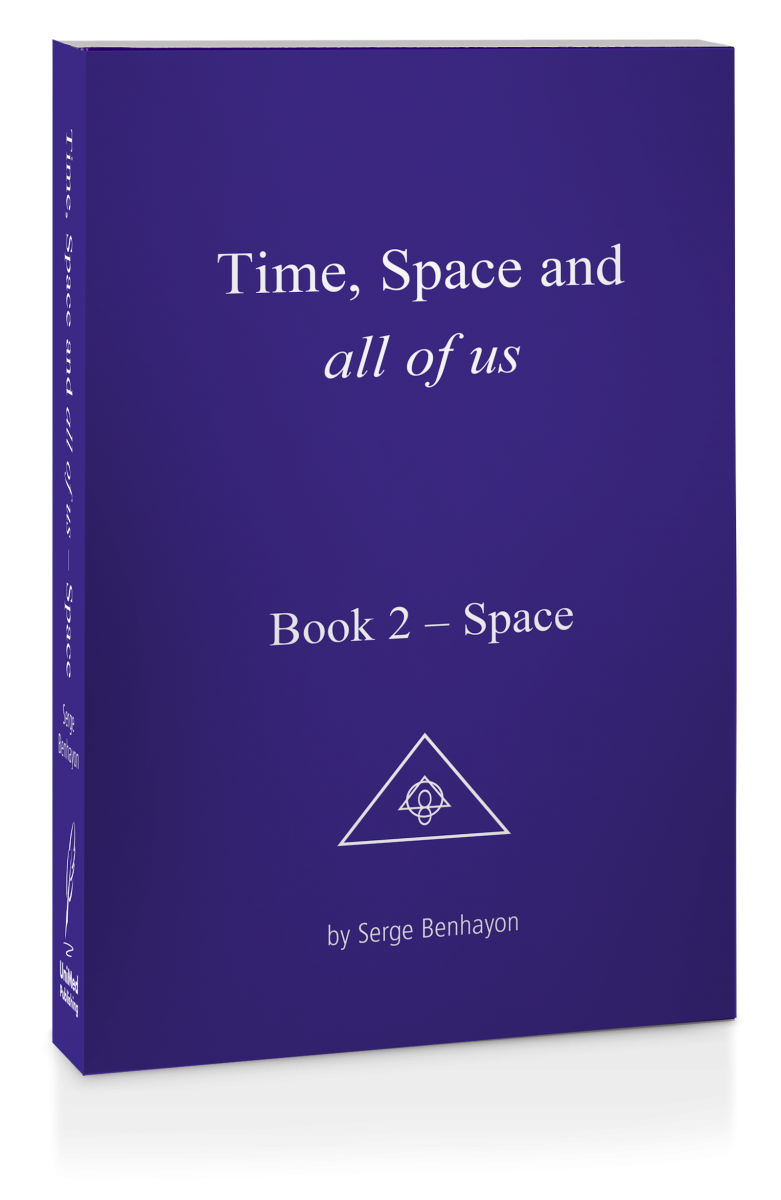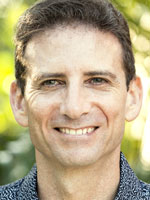Reincarnation
An Interview with Sandhya Mistry
By Rachel Hall.
Sandyha explained her understanding of reincarnation in an interview. "Having grown up in suburbia in the UK as part of a Hindu family, the concept of reincarnation, stories of children being able to recount past lives with an amazing degree of accuracy, and people doing readings or being possessed by entities or spirits is nothing new.
"I recall many occasions where I saw a so-called Aunty become possessed by a 'deity' who could give readings about people, perform ‘healings’ and predictions. On another occasion at a family wedding I witnessed my own Father, a very straight-laced, devout Hindu man, become taken over by someone who people recognised by many as a deceased relative. No one questioned it or thought it to be that unusual. My Father has no recollection of this but the video footage that was taken of the occurrence speaks for itself.
"I was raised under the auspices that I had to live a good life otherwise I would come back as something or someone unpleasant in my next life, or that my next life would be harsh and cruel. My understanding of reincarnation was that it was linked to Karma, meaning that your actions in this life would directly determine your next. The process of Rebirth allows you to offset that Karma or complete an unfinished task, fulfil a debt, or undergo sufferings to make amends.
“I was taught that we reincarnate because of the desire to be in a body but after many births we become dissatisfied, so seek higher forms until we realise that the true self is the immortal soul rather than the body. At this point all desires for the pleasure of the World are said to vanish and the person will not be born again, having attained a state of liberation where they would be set free from the wheel of rebirth."
Reincarnation as the concept that the soul or spirit, after biological death, begins a new life in a new body depending on the moral quality of the previous life's actions is a central tenet of the Indian religions, including Buddhism, and is a belief that was held by historic figures including Pythagoras, Plato and Socrates, and by pagan religions such as Druidism, Spiritism and Theosophy, and in many tribal societies around the world.
No line of research has conclusively demonstrated the existence of reincarnation – or disproved it. Reincarnation research, a branch of parapsychology, has been lead by psychiatrist Dr Ian Stevenson, from the University of Virginia School of Medicine. He investigated many reports of young children who claimed to remember a past life in the finest detail, so much so that it could be linked to the actual life of the person they claimed to be. He conducted more than 2,500 case studies over a period of 40 years and published twelve books on the subject. Sceptics and the scientific community in general consider reincarnation research to be pseudo-scientific and felt that Stevenson's work fell short of providing proof of reincarnation, nevertheless, they observed that Stevenson had produced a number of studies that were "hard to explain" conventionally.
Reincarnation is at the core of Buddhism and the Dalai Lama himself is claimed to be the reincarnation of the previous thirteen Dalai Lamas and is revered the world over. Yet when others claim that they are reincarnated or can recall a past life or lives, they are ridiculed in our Western society or told reincarnation simply cannot be true despite the fact that many religions and cultures teach it. The following is an excerpt from the Dalai Lama's statement on reincarnation (available at http://www.dalailama.com/news/post/753-statement-of-his-holiness-the-fourteenth-dalai-lama-tenzin-gyatso-on-the-issue-of-his-reincarnation)
"There are two ways in which someone can take rebirth after death: rebirth under the sway of karma and destructive emotions and rebirth through the power of compassion and prayer. Regarding the first, due to ignorance negative and positive karma are created and their imprints remain on the consciousness. These are reactivated through craving and grasping, propelling us into the next life. We then take rebirth involuntarily in higher or lower realms. This is the way ordinary beings circle incessantly through existence like the turning of a wheel. Even under such circumstances ordinary beings can engage diligently with a positive aspiration in virtuous practices in their day-to-day lives. They familiarise themselves with virtue that at the time of death can be reactivated providing the means for them to take rebirth in a higher realm of existence. On the other hand, superior Bodhisattvas, who have attained the path of seeing, are not reborn through the force of their karma and destructive emotions, but due to the power of their compassion for sentient beings and based on their prayers to benefit others. They are able to choose their place and time of birth as well as their future parents. Such a rebirth, which is solely for the benefit of others, is rebirth through the force of compassion and prayer."
So basically stated, what is being said in this excerpt is that we come back over and over until we reach a "higher realm" from where we are able to choose to come back for the benefit of others.
"This is essentially no different to what Serge Benhayon and the esoteric wisdom presents", Sandhya shares with me. "I know there are those who ridicule Serge for his references to reincarnation and the felt livingness of past lives, for example Leonardo Da Vinci, but how can we prove or disprove that? Is that he is able to remember and recount details of previous lives different to the children Dr Stevenson studied or the stories and events that I heard or witnessed growing up?"
In science there is no ‘proof’, only evidence for or against proposed theories. There is always enough evidence to satisfy those who are willing to believe and never enough evidence to sway one who is not willing to believe. Despite the popular misconception that science has all the answers, at this present time it is unable to answer the question of whether we reincarnate or not.
Ancient myth and fable, tribal memory, lingering belief among adherents of the great religions and some archaeological discoveries, all testify to ages when reincarnation was a commonly accepted law of life.
So is it possible that reincarnation may exist? Sandhya states, "As reincarnation is so familiar to my upbringing it is not a leap of faith or a stretch of the imagination when someone like Serge Benhayon talks about these topics. However what the Esoteric presents makes more sense than the version offered by Hinduism.
“Simply put, the way I am today affects how I am tomorrow and thus the way I live this life affects what will be my next. For many it is challenging and hard to accept, however, we are not being asked to accept that reincarnation is true but to be open to it as a possibility, and to consider that we come back over and over under the Law of Karma, which is not a punishment as I was taught as a child, but something that allows us to return to harmony and our natural state or soul.
“With this in mind, it makes sense for me to live in a way whereby I make choices that are responsible, more loving, caring and respectful to myself and to others. These choices include the way I am with myself and my body, my relationships with others, the foods that I eat, how I exercise, when I sleep or rest and all that I do in my daily routine so as to live in a way that ensures a more loving, caring way of being to when I return to my next life."
And if reincarnation doesn't exist?
"Then at least I am living a life that feels honouring of my body and who I am."




